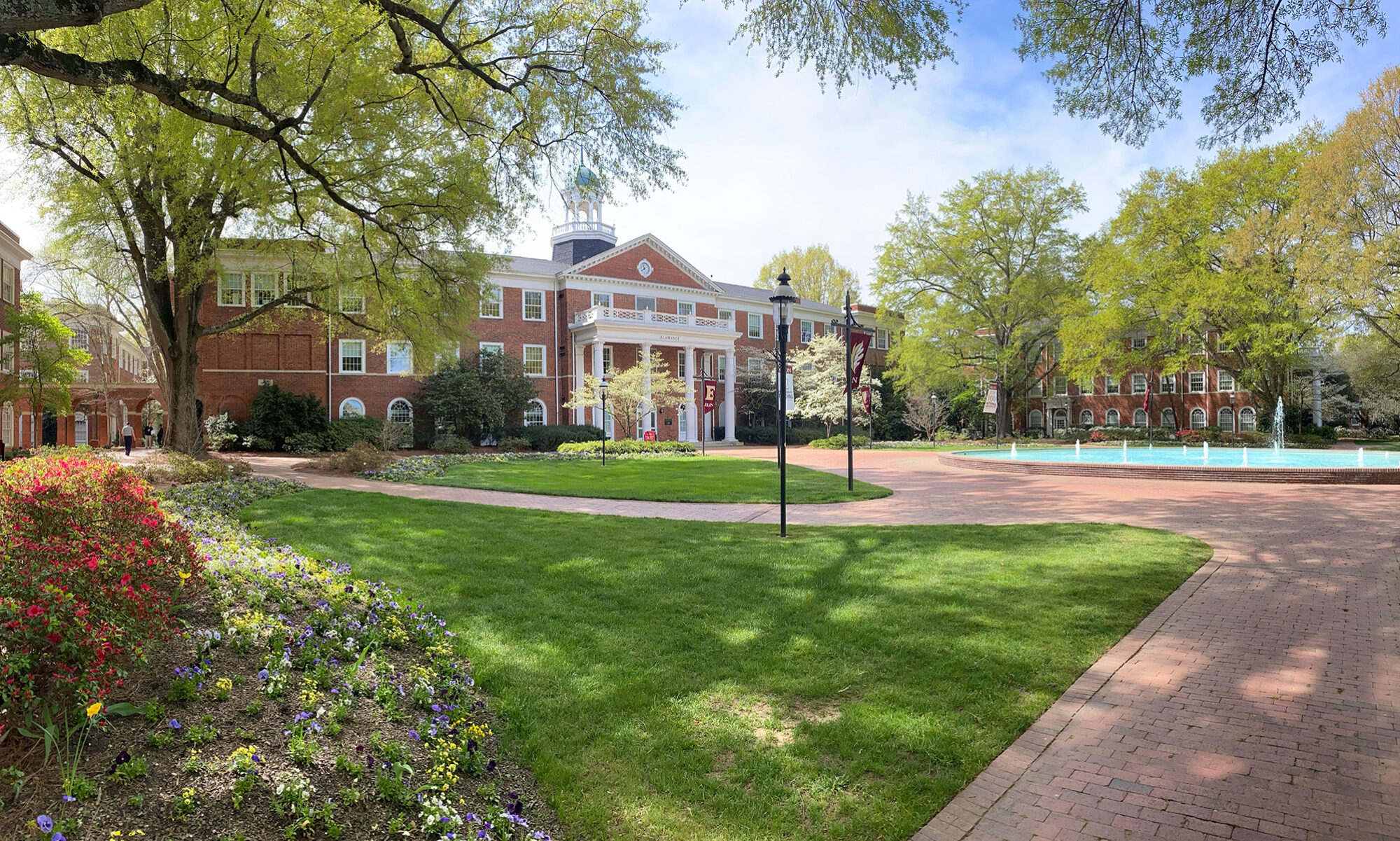After much research and debate among our cohort over the past few weeks, we have decided to move forward in vetting Ecology Action as our partner. As a class, we respect and admire the mission of EA, and believe that their values parallel our passions, and could very well benefit Namibian communities. EA’s goal is to use the Grow Biointensive method for sustainable agriculture to nurture healthy soil fertility, produce high yields, and conserve resources. However, they don’t stop there – they are committed to making this system be known and used on a worldwide basis.
In learning more about EA through Steve Moore, the vice president of the organization and an Elon professor (how convenient is that?!), we were excited to begin the vetting process and to learn even more about the organization. So, we reached out to John Jeavons, director of Ecology Action, for a brief Skype session.
We had several questions about the methods used in Ecology Action, and Periclean involvement with the process in Namibia. John Jeavons was very thorough and responded to our concerns or confusion with evidence and facts. His in depth understanding of farming techniques and soil types across the world was evident through his answers. However, what was most apparent was his passion for helping others by sharing this knowledge with us and the various communities he’s worked with. Some shocking facts that stood out were with the current use of “traditional” farming, people are depleting the soil 18-80 times faster than in nature. And in contrast, the methods used by Ecology Action actually build up the soil 60 times faster than nature does. This is a huge feat given the extreme over-farming in the world that evokes serious consequence in nature and hinders our ability to keep producing food for future generations.
After our class had the opportunity to speak first had with the director of this program, we felt confident in our decision to move forward working with Ecology Action. By the end of the day, we had gained a much better understanding of organic farming, and had made significant progress as a class.
– Cayley and Caila


 Follow
Follow